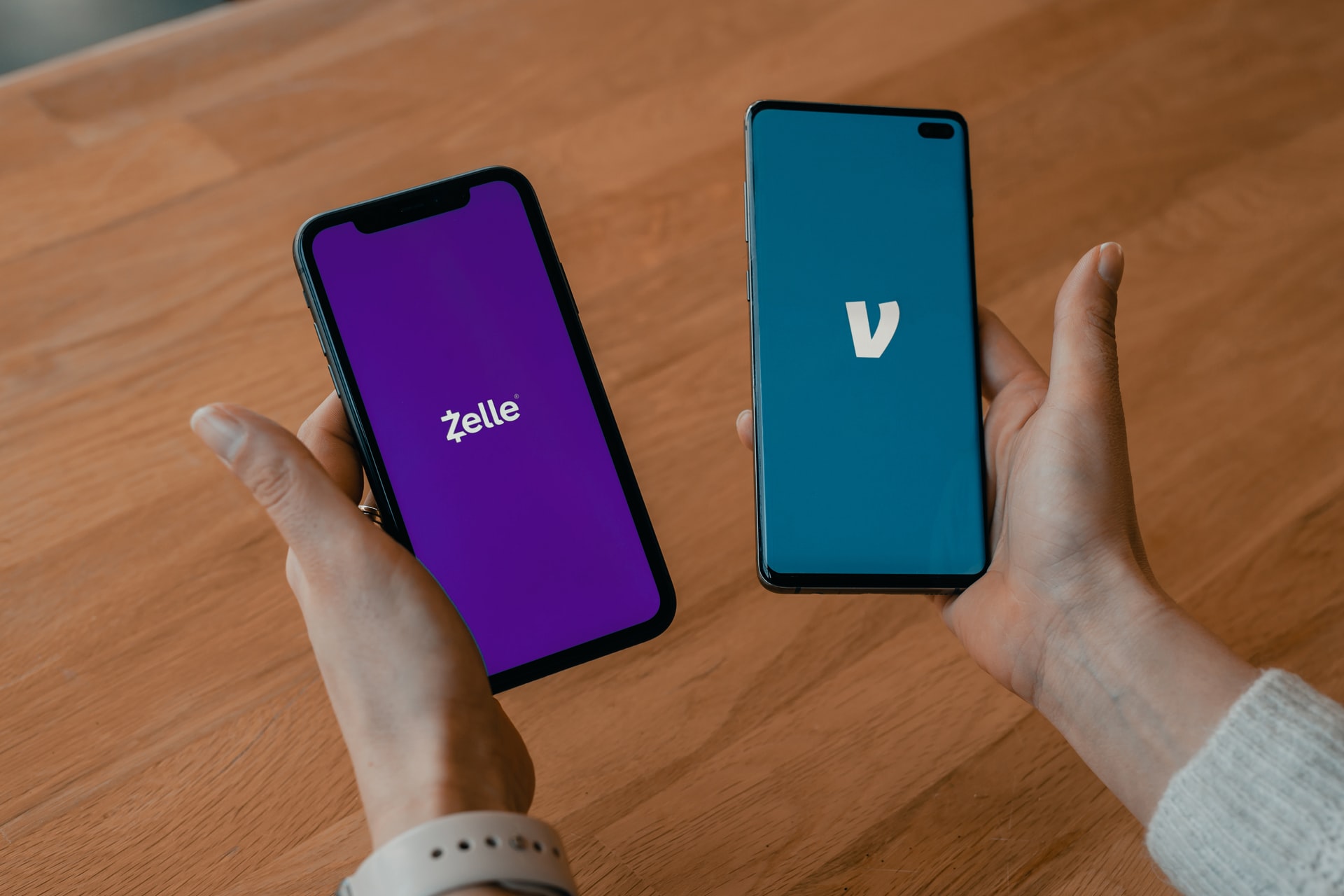Nowadays, it seems like everyone uses cash apps. And since they are so fast, convenient, and easy to use, it’s no wonder why electronic payment apps have gained popularity. Small business owners are also taking advantage of these cash apps to receive and track payments. However, there are new rules to report cash app payments to the IRS. If you are a small business owner like me, here’s what you need to know about how these changes will impact your taxes and bookkeeping.
What Are the New Rules to Report Cash App Payments?
As of January 1, 2022, there are new rules for cash apps and electronic payment systems to report business transactions to the IRS. Previous rules for third-party payment systems required them to report gross earnings over $20k, or if the user had a total of more than 200 different transactions in a fiscal year. However, laws passed in March 2021 as part of the American Rescue Plan Act state that these apps now must report any business transactions that exceed $600 in a given year.
So, if you use PayPal, Venmo, Cash App, or any other third-party payment service to receive payments for your business, they will generate and deliver a Form 1099-K for all your transactions during the 2022 fiscal year. They will send it either electronically or by mail by January 31 of the following year, just like all your other tax documents. It will calculate your total gross income, including payments from credit cards or other online sources. You will need to account for these figures when you file your tax return.
The new changes will take effect for the 2022 tax year. So, if you are preparing your tax return for income in 2021, you don’t need to worry about the new rules just yet. However, you may have to provide new information to the third-party processors such as your Social Security Number or Employer Tax Identification Number (ETIN) going forward.
Who Do the New Rules Affect?
Those looking for ways to skirt the taxation laws with cash apps will be hard-pressed to find one. The new rules apply to all American businesses, big and small. As more people rely on digital transactions, the IRS wants to ensure that everyone is paying their fair share of taxes.
While this doesn’t have much effect on larger corporations and national retailers, it does directly impact many small business owners. An estimated 30 million entrepreneurs, contractors, and freelancers use electronic payments for full-time, part-time, and temporary jobs as well as side income.
In the past, this type of business was usually done in cash. Therefore, it was often unreported since there was no documentation of these smaller transactions. But, all taxable income must be reported to the IRS which includes earnings from your side hustles. With more people using cash apps, the IRS now has the ability to cross-verify reported income through third-party payment apps.
When Don’t the Rules to Report Cash App Payments Apply?
If you aren’t using cash apps for business transactions, you can probably ignore the new regulations. They don’t affect personal transactions. So, you can continue to use them to split the bills, give monetary gifts, repay people for tickets, send rent payments to your roommate, sell items at a loss, or purchase items from vendors.
The law only applies to people who are using them to receive payment in exchange for goods or services. And, you won’t receive a Form 1099-K unless you exceed $600 annually.
The new tax laws apply to most cash apps and electronic payment providers as well. The only exception is Zelle. They claim to only “provide messaging between the financial institutions and people making the payment,” not process payments. Therefore, you will have to calculate this income yourself when you file your taxes.
What Can Make the Transition Easier?
Death and taxes truly are the only sure things in life. And although we all dread them, they are unavoidable. But, there are things you can do ahead of time to make things easier. Since the laws don’t take effect for another year, you have time to prepare.
- Stay on top of your accounting. Maintaining accurate records and updating them regularly will save you a lot of grief. Keep up with payroll entries, bank statements, receipts, previous tax returns, all tax forms, and any other important accounting or financial records. Plan ahead and keep the new laws in mind as you calculate gross receipts. You can also invest in tax and bookkeeping software to assist.
- Choose wisely. If you use cash apps, remember each one will generate and send you Form 1099-K. So, it’s a good idea to limit how many you use. Even if you want to continue using them all, you could separate them for business and personal accounts. If you keep a dedicated business account, it will be easier to sort and track transactions later.
- Tag your transactions. If you tag and separate transactions when they happen, you cut your workload in half. You won’t spend nearly as much time reviewing and trying to remember each payment. So, be sure to tag your peer-to-peer transactions as personal or compensation for goods and services when you get them.
- Know the tax codes. As a business owner, it is your job to stay up-to-date with the current tax codes. If you don’t know which laws apply to you, then you need to spend some time brushing up on them. This can help you avoid costly mistakes when you file your next return.
- Update your accounts. Once you understand how the laws affect you, you can be proactive. One way to do this is to update your cash app accounts. You can add your tax ID and set up your dedicated accounts.
The American tax codes are some of the most complicated in the world. So, if you’re confused, remember that you’re not alone. If you have any specific questions, ask your financial advisor to clarify and explain how they affect your finances.
Read More
- Ways to Make Filing Taxes Online Safer
- Differentiating Between Bitcoin And Bank Transfers
- Need Fast Cash? Here Are 5 Ways to Make a Quick Buck

Jenny Smedra is an avid world traveler, ESL teacher, former archaeologist, and freelance writer. Choosing a life abroad had strengthened her commitment to finding ways to bring people together across language and cultural barriers. While most of her time is dedicated to either working with children, she also enjoys good friends, good food, and new adventures.


